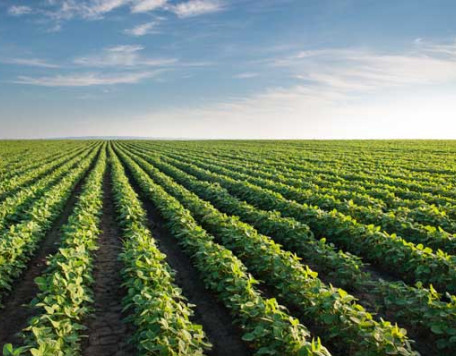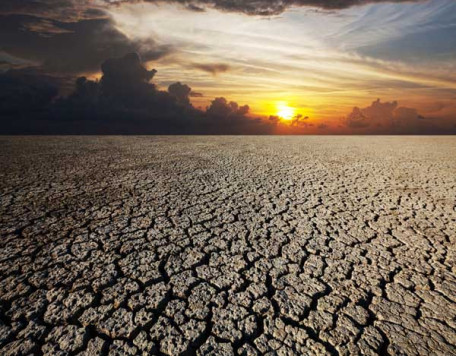© Pint of Science, 2024. All rights reserved.
The natural environment around us is seemingly simple to the modern eye, but look closer and you’ll find bugs, worms, and tiny microorganisms everywhere! Join us to learn more about how microorganisms rule animals and how we can use leeches to learn more about our ecosystems.
Our talks will explore how communication between the gut and the brain can influence decision making in birds, how blood-sucking leeches can be used to better understand ecosystems and how tiny proteins can impact plant life.
Our talks will explore how communication between the gut and the brain can influence decision making in birds, how blood-sucking leeches can be used to better understand ecosystems and how tiny proteins can impact plant life.
Do birds go with their guts?
Vildan Acar
(Researcher)
One of many ways guts impact us is through the gut-brain axis, a two-way street between gut and brain. Signals that can affect how we feel, think, and behave are sent by gut microbiota, trillions of tiny things that live in guts. By exploring gut microbiota in wild animals, we can understand how they adapt to their environments and make choices to survive. Our study focuses on this gut-brain conversation in the wild with great tits. By asking how urbanisation affect bird gut microbiota and in turn, their cognitive abilities, we aim to learn more about animal adaptation to urban settings.
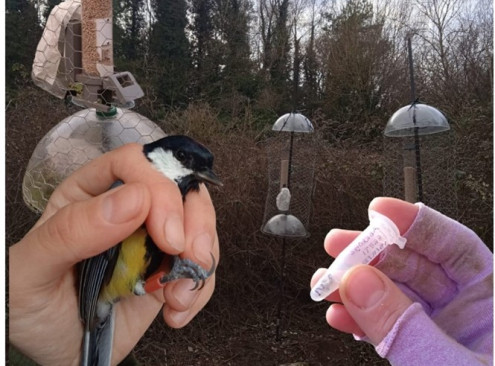
Blood-sucking leeches to find wildlife!
Professor Douglas Yu
(Professor of Ecology at UEA)
How do we know if a nature reserve is really protecting the wildlife inside? If we cannot measure effectiveness, we cannot protect nature. But finding wildlife is hard, especially in tropical forests. I show how we used 30,000 blood-sucking leeches to find wildlife across a nature reserve the size of Singapore.
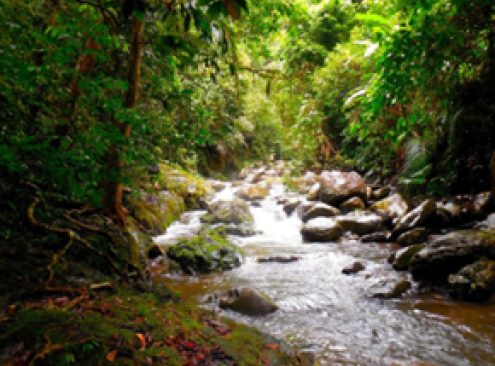
Light! Microscope! Photosynthesis!
Ángel Vergara Cruces
(PhD Student)
Plants can transform carbon dioxide from the air into food using the energy from the sun, in a process known as photosynthesis. On the microscopic scale, this involves tiny machines known as proteins. In our lab we use special microscopes to visualize these proteins and understand how they work. We are using these techniques to study how photosynthetic machines are made and repaired. Understanding these processes could allow us to engineer crops with increased yield or that fare better in adverse weather.
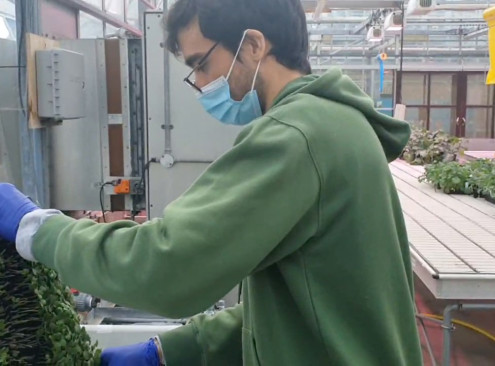
Map data © OpenStreetMap contributors.
Other The Whalebone events
2024-05-15
Our Earth – Past, Present and Future
The Whalebone
144 Magdalen Rd, Norwich, NR3 4BA, United Kingdom
2024-05-14
Our Warming Earth
The Whalebone
144 Magdalen Rd, Norwich, NR3 4BA, United Kingdom

